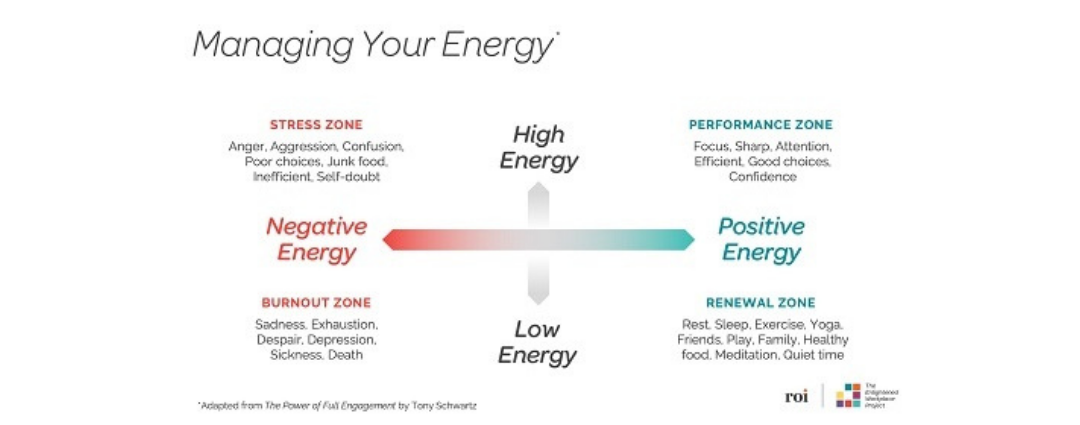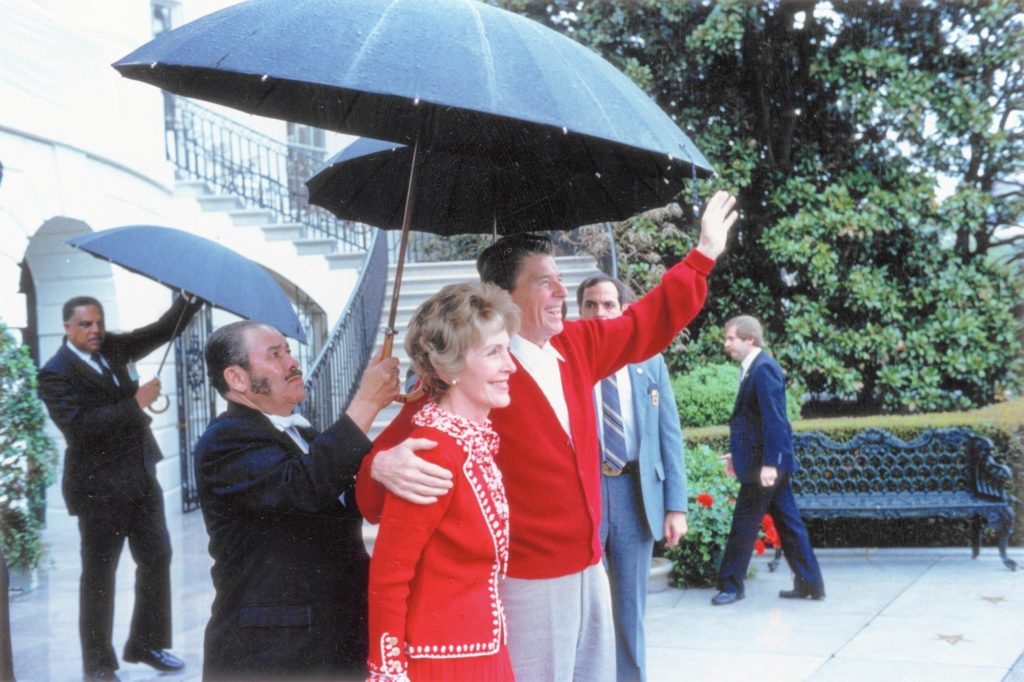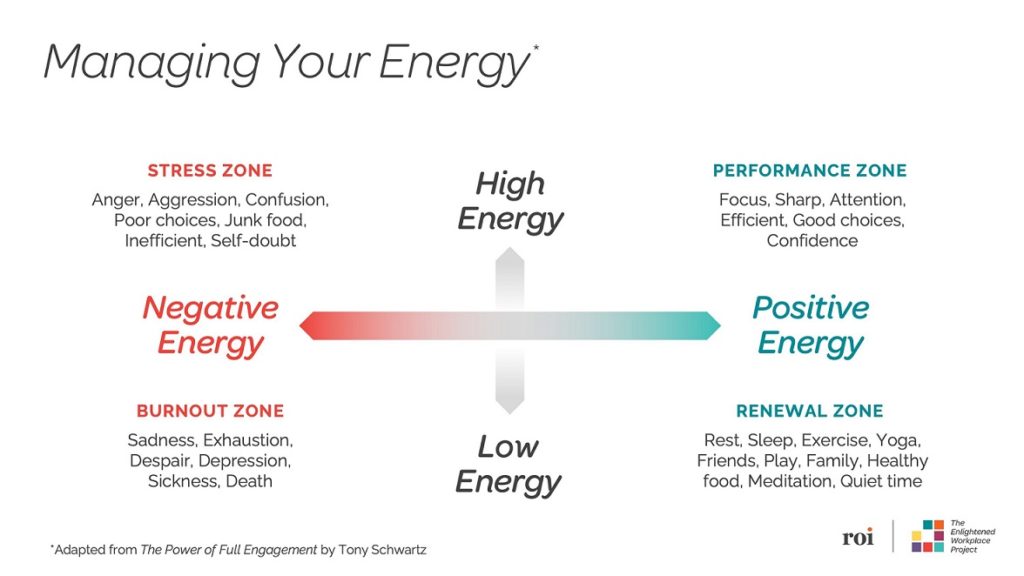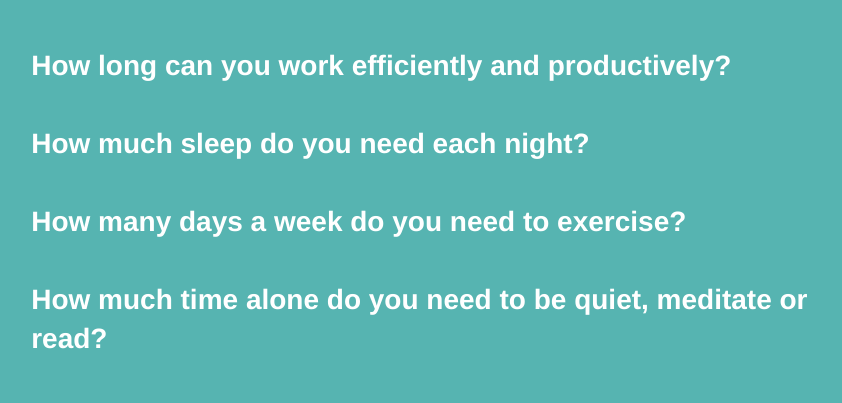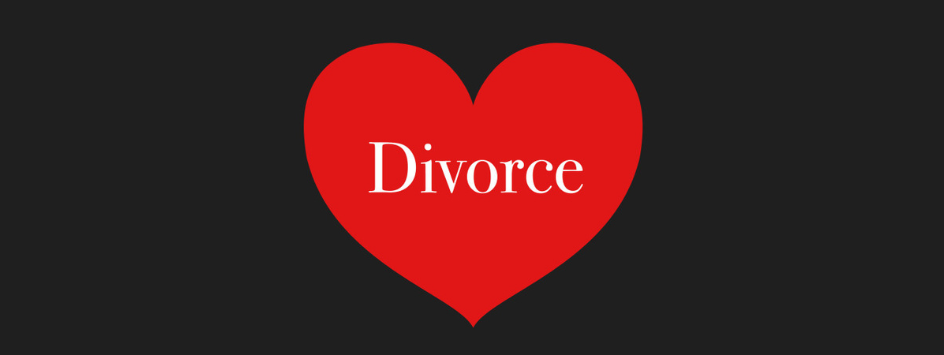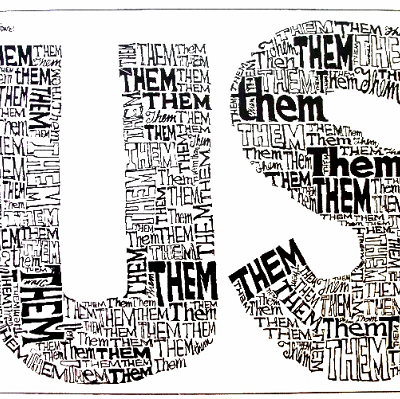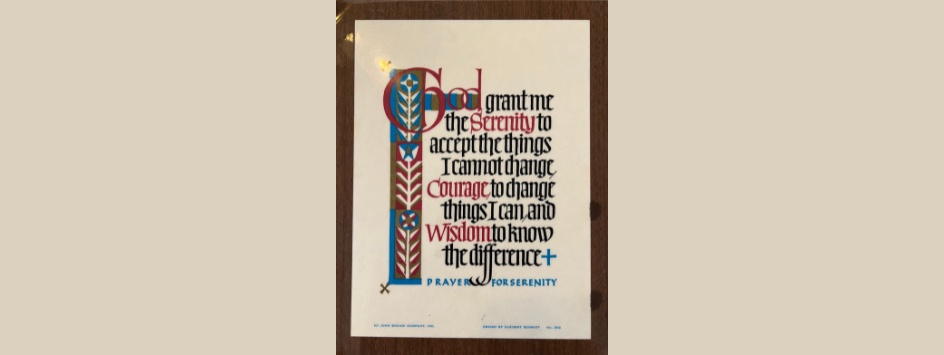I wish things were normal. I never realized how important it was to be able to fall back on the ordinary until the ordinary disappeared from much of life. What we have learned, again, is that the human race has an extraordinary capacity to adapt. That’s good, because we will continue to need that skill given the current threats to our society and planet.
I say we’ve “learned, again” because this is not the first time in our history that we’ve had to dramatically change our behavior for an extended period of time. Wars and pandemics have that in common.
Nonetheless, this adapting, in concert with the barrage of political, social and environmental crises, is exhausting. In a moment, I will share a tool and a strategy that I hope will help you as much as it has helped me.
First, I want to share a memory that has come charging back given the hospitalization of President Trump. Some news reports have mentioned that the last time a president was in this much peril was in 1981 after President Reagan was shot. I was a junior in high school at the time, and I remember vividly the moment I heard he had been shot.
I was crossing campus and was near a few high school boys when someone shouted, “The president has been shot!” Those boys started to cheer. A teacher was nearby and immediately escorted them to the principal’s office. Those boys were expelled from school for cheering that the president had been shot.
Of course, currently there are few high schools in physical session for that scenario to happen again; but given the very different response Trump has received, both sympathy and something approaching “schadenfreude”, it’s unlikely, this time, those boys would have been expelled.
In 1981, President Reagan had been in office for less than a year and the country rallied behind him after he was shot. They trusted what was said about his condition from the medical team and the administration. Reagan himself showed great courage in the face of near death.
When Reagan spotted his wife entering the trauma center he said, “Honey, I forgot to duck,” reprising a famous remark made by boxer Jack Dempsey after he lost the heavyweight championship in 1926.
As he was being wheeled into surgery, he passed his three top advisors and joked, “Who’s minding the store?”
Just before surgeons started their operation to remove the bullet and stop the bleeding, Reagan dramatically rose on an elbow and said, “I hope you are all Republicans.”
Reagan had a way of putting people at ease, even as his own life was in peril. The country was not as divided as it is today, and, as a recent Los Angeles Times article says, “When President Reagan was shot and nearly killed by a would-be assassin, the country rallied around him. But he also hadn’t spent eight months downplaying the threat of deranged gunmen.”
And though many people in the country and the world are showing support and sympathy for President Trump, regardless of whether they support him politically, the number of people expressing distrust and some form of schadenfreude is exponentially larger than in 1981. It’s a sad state of affairs no matter where you stand.
And now on to that tool I mentioned earlier. These are stressful times. How can we be our best in the midst of it?
Many of us in today’s pressured world push ourselves to do more and more, both at work and in the rest of our life, until we hit a place of burnout and are unable to react and interact in healthy ways.
I’d like to share a model adapted from a book called The Power of Full Engagement by Jim Loehr and Tony Schwartz. This is one of the most helpful tools I’ve used to keep my own energy positive.
The model, which is also featured in the new online course, The Enlightened Workplace Project, shows four zones. The top two zones represent high energy and the bottom two represent low energy. The left is negative energy, and the right is positive energy.
We all strive to be in the upper right quadrant of high positive energy. It’s the performance zone. It would be great to just stay there, but most people can only sustain this zone for 90-minute segments or 2 hours at the most. Beyond that, our attention begins to wane, and we get distracted. The mind needs a break.
Ideally, you then dip down into positive low energy, which is renewal. It can be as simple as a short walk, getting up to stretch between meetings, getting a drink of water or taking a lunch break. These are mini renewal periods.
We also need bigger periods of rest that include sleep and downtime. Individual needs here differ but it’s helpful to know the answers to these questions for yourself:
Often people try to push themselves to stay in a high positive energy productive zone. Unfortunately, what happens when you do that is you drift over into the stress zone of high negative energy. And that’s just not good. When you keep pushing into that stress zone, to get out of it, you need to go through the low negative energy burnout zone before you can get back to the renewal zone and then the performance zone again.
Frankly, besides being painful, it’s inefficient and ineffective. Sometimes we keep pushing ourselves thinking that more time will equal more productivity, but, in the stress zone, the opposite is true.
This concept has really transformed my working reality. I don’t feel guilty about taking a break. I know it’s the smartest thing to do.
And for the most part, I live on the right side of this equation, moving up and down from renewal to performance. I used to waste a lot of time in stress and burnout.
Once you become attuned to the signs of stress in your body, indicated by surges of cortisol, you start to notice right away when it’s happening, so you can course correct, and get some healthy renewal before you cross over into stress. Some people can taste the cortisol in their mouths, others can feel the surge, or begin craving junk food, grind their teeth, or have an overall feeling of being revved up and stressed out.
Last night and this morning, I’ve just felt tired. Bone tired. So I’m taking it easy and listening to my body. It’s not even a question for me. I know it’s the fastest way back to equilibrium, and that is where I can be my best. I’m not sure why I’m so tired, but that doesn’t matter. I don’t think I’m sick, but my body is telling me to rest and I am listening.
This is an especially stressful time in the world on so many fronts. We need to treat ourselves, and those around us, with care.
Wishing you all more focus and concentration to do the things in life that matter to you!
Barbara Fagan-Smith
CEO, ROI Communication
Chief Catalyst, Living ROI
P.S. We talk about the topic of focus, and much more, in The Enlightened Workplace Project online course that is launching this Friday! If you’re interested, register using the code: ROISPECIAL for a significant discount. Or, if you’d be willing to participate in a focus group, reach out to me, by replying this this email, and you can join the course for free.

